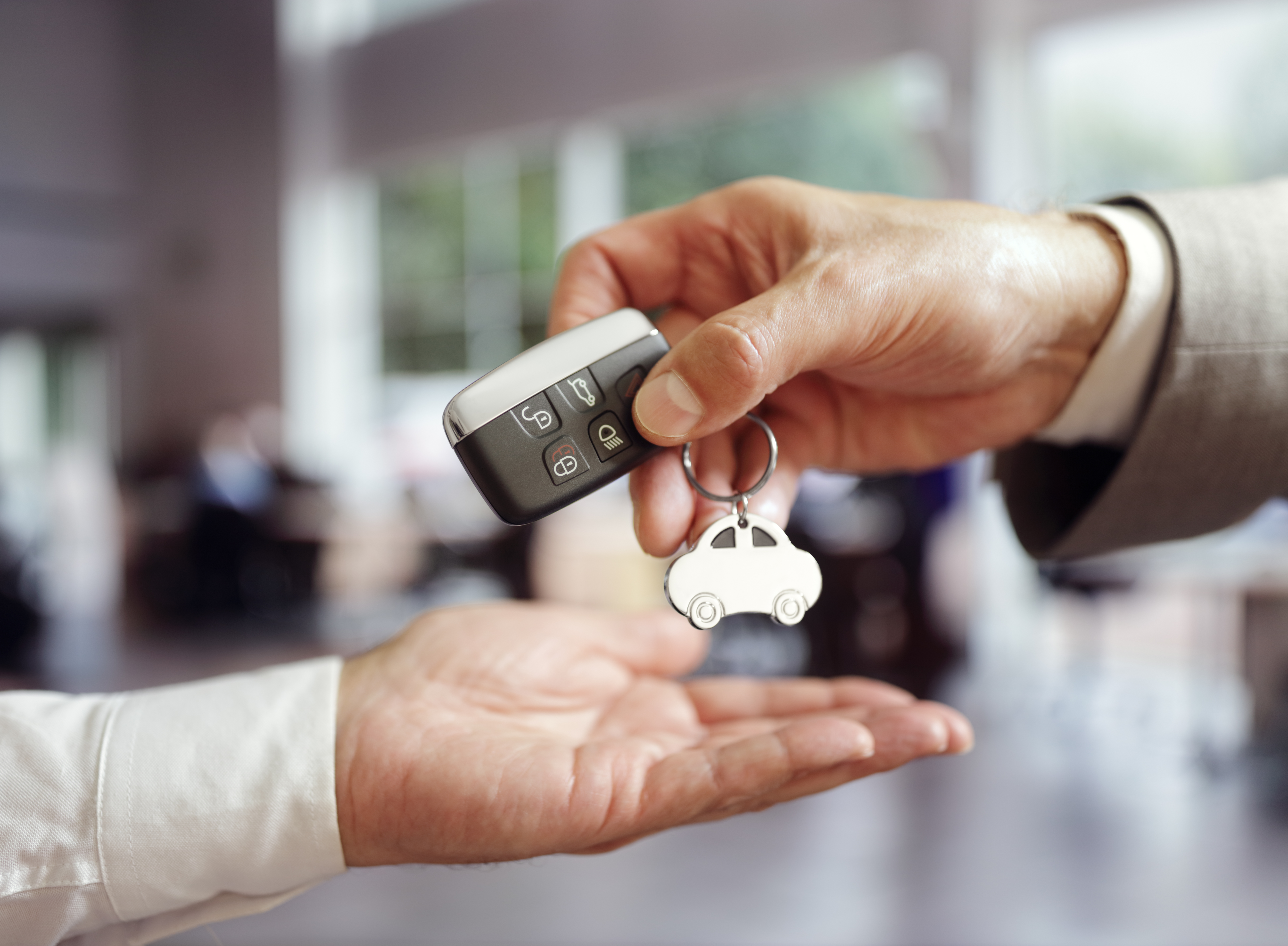Many people in the UK can’t live without having a vehicle to get them around! Whether it’s for work purposes or for taking children to school, a car can be a lifeline for many. When it comes to buying your next car, you may be wondering what the best way is to fund your purchase. Buying with cash tends to be the most cost-effective route to take but car finance can allow drivers to spread the cost. The guide below looks at different forms of finance and helps you decide which is right for your personal circumstances.
Buying with cash
Getting a car with cash is the best way to get a car. There’s no interest to pay, no need to borrow money from a lender, you will own the car from the start and there’s no risk you might not be approved for finance. Buying with cash has so many advantages but the main drawback is having to pay a large lump sum upfront. It can be hard for drivers to save up enough money to buy a car with a single payment and buying with cash could mean you can only afford a used car or an older model too. If you have a small amount of savings, you could instead consider putting this money towards a car finance deposit to make a finance deal more affordable.

Getting a personal loan
Personal loans can be used to buy anything you want and its not secured against the car you buy. A personal loan is when a lender agrees to lend you money which is deposited straight into your bank account. It gives you the freedom to go and buy a car within your budget from any dealer or private seller. You then make monthly payments back to the lender until the end of the term you agreed to. It’s worth noting personal loans may only be accessible to those with the best credit scores and people with bad credit can struggle to obtain a personal loan. However, they’re a great option if you want to pay low interest, own the car from the start of the agreement and have no loan secured against the vehicle.
Hire purchase car finance deals
Hire purchase is a popular way to finance a car because they’re really straightforward. It’s a form of secured loan which means the lender buys the car on your behalf and owns the vehicle throughout the term. The value of your chosen car and its interest is split into equal, fixed payments each month until the end of the agreed term. This means a higher value car will equal to higher monthly payments. It does however mean that once the deal has ended, there is only a small option to purchase fee to pay and the ownership of the vehicle will be transferred to you. Hire purchase cars could be suitable for bad credit applicants as the lender has the right to take the car off the customer if they fail to pay. However, the interest rate on the loan may be set higher for those with bad credit so it’s worth weighing up the pros and cons. Defaulting on your payments can also cause serious financial issues and impact your ability to borrow in the future.

Finance a car with Personal Contract Purchase (PCP)
Personal Contract Purchase (PCP) is a flexible way to finance a car as it gives you more options at the end of the agreement. It’s often a no deposit car loan but paying a larger deposit can help to make your loan cheaper. You can choose to hand the car back to the dealer, pay the large balloon payment or use the resale value of the car towards another car on finance. PCP car finance can offer low monthly payments as much of the loan value is differed until he final balloon payment. PCP deals do mean you have to agree to keep the car in a good condition and also set an agreed annual mileage which you must abide by. Failing to do so, can result in damage or mileage charges to pay at the end of the deal. PCP finance can be one of the most flexible ways to get a car, but it may not be the best option for a driver who wants to own the car at the end of the deal. The final balloon payment can be thousands of pounds to pay which is unrealistic for many drivers.
